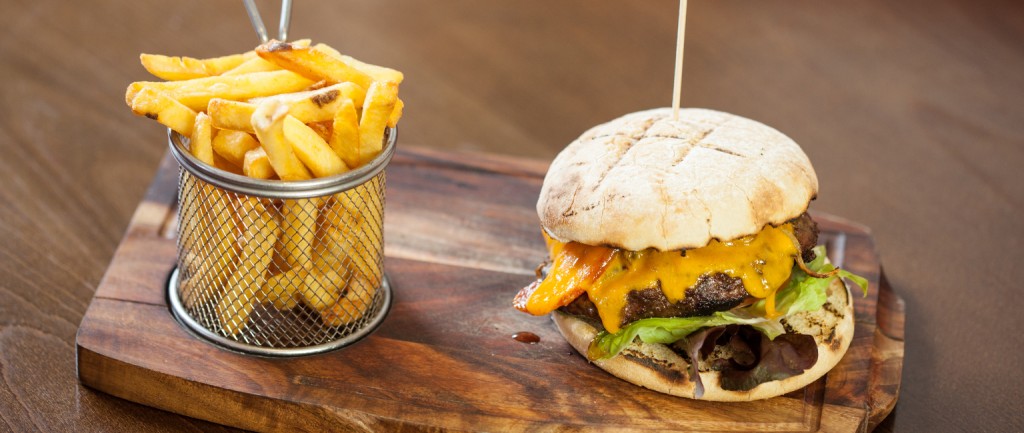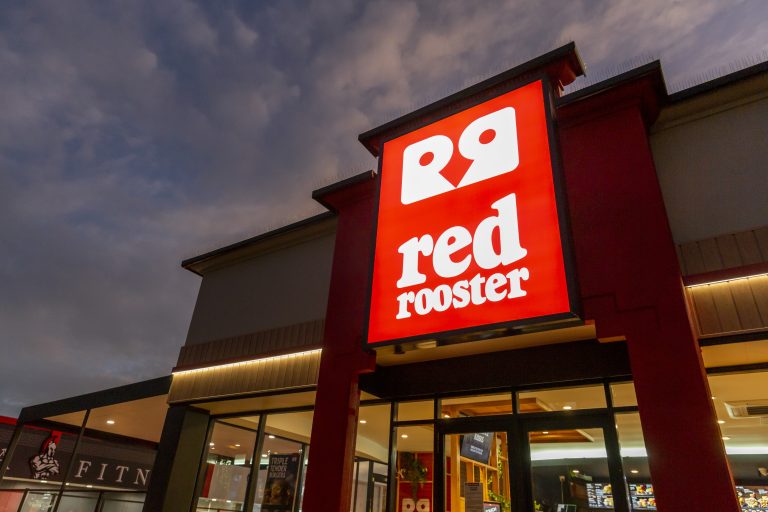Gourmet bars winning the burger wars

The fast food industry is struggling to make headway, but in one sector business is thriving: gourmet hamburgers.
Across the country, small up-market chains like Burgerlicious in Sydney and Huxtaburger in Melbourne are packing food-savvy customers in and racking up impressive sales growth.
 The burger buzz is alive and well in Smith Street, Collingwood.
The burger buzz is alive and well in Smith Street, Collingwood.
It’s a stark contrast to the rest of the $14 billion fast food industry, with sales forecast to grow by a paltry average of 0.7% per year, according to analysts IBISWorld.
So how are the new burger-meisters managing to grow so rapidly? The answer: It’s all about the product.
Gourmet burger leader Grill’d, which now has 101 outlets, characterises its offering as both an eating experience and a more nutritious way to snack on a burger. Like most gourmet vendors, their supply chain emphasises locally sourced whole foods delivered fresh and daily preparation of meals on site.
That difference seems to be appreciated by their 20-something customers who don’t appear to mind the five to 10 minute wait for a freshly cooked order; quite a contrast to the ready-to-go service at major chains.
For an industry used to impressive yearly sales growth being snatched up by just a handful of brands, the gourmet revolution must trigger some uncomfortable memories. Back in the 1980s, global brands sidelined thousands of independently owned stores with their highly organised production lines and fast service models.
 The burgers at Burgerlicious in Newtown and Sydney’s CBD have a strong following. Photo: Arsene/Flickr
The burgers at Burgerlicious in Newtown and Sydney’s CBD have a strong following. Photo: Arsene/Flickr
The major chains still bring enviable marketing, site selection and staff management skills to the industry; but they appear to be losing ground in ‘the burger wars’ with many customers favouring the ‘gourmet experience’ over fast service.
Fast chains are losing the ‘burger wars’ with customers favouring the gourmet experience.
The Australian experience is part of a global trend, which is seeing heavyweights McDonalds recording a decline of around 4% in comparable sales in the US, Asia Pacific, Middle East and Africa in February 2015 with only Europe recording growth.
American research specialist Technomic underlines that perceived quality is the key driver behind the switch in consumer tastes. Three quarters of burger survey respondents ranked meat quality and taste as the most important attribute in their purchase decisions with 45% saying they preferred their burgers hormone and antibiotic-free.
Shifting tastes: Specialist food retailing gets a makeover
Perceived quality is the key driver behind the switch in consumer tastes.
The industry is also being shaped by young customers’ love of social media – and their willingness to share their impressions both good and bad. The popularity of ‘foodie websites’ like Urbanspoon and Broadsheet, where visitors can rate their servings, often benefits the slower, more thorough preparation common at gourmet burger bars.
But social media can also bite, with consumers more than willing to complain about a cold portion of fries or ‘hockey puck’ patty on Facebook and Twitter. That holds real risks for major chains as even the best-managed fast production line carries the risk of an odd failure.
Just how grave a threat gourmet burger vendors are becoming was illustrated three months ago when McDonald’s failed to renew its lease at its George St store in Sydney’s CBD. Industry analysts were quick to note the once hyper-busy golden arches stood just a few streets away from lines of hungry patrons queuing at Burger Project – owned by celebrity chef Neil Perry.
The major chains are hardly done for yet; still boasting market dominance, thousands of outlets and a 40-year history of adapting to changing customer preferences. But for the scores of burger entrepreneurs opening stores across Australia this year, the future looks bright indeed.
Skyward bound: Look up to see hospitality’s latest trend







